Kenyan author Webster Ochora Elijah has been arrested for allegedly writing a book about Charlene Ruto, the daughter of President William Ruto — without her consent.
Police swooped in on Monday, June 2, detaining Ochora and launching what appears to be a high-stakes investigation. The book in question, “Beyond the Name: Charlene Ruto and the Youth Uprising,” reportedly explores the public image and influence of the president’s daughter — a topic that may have touched a political nerve.
Ochora is currently being held at Muthaiga Police Station, and the situation has escalated quickly. Authorities have accused him of identity theft under the Computer Misuse and Cybercrime Act, a charge that has sparked debate among legal experts and freedom of expression advocates across the country.
His laptop has been seized, and police are said to be combing through it for further evidence. The author is expected to be arraigned in court on Tuesday, June 3.
But it doesn’t stop there.
Investigators have now widened the net — seeking to identify anyone else involved in writing, editing, or distributing the controversial book. The move has raised eyebrows and fears of an impending crackdown on authors, journalists, and publishers.
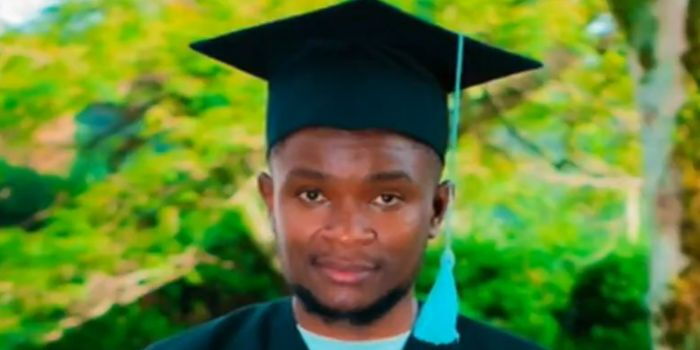
In a fiery statement, family lawyer Kennedy Mong’are condemned the arrest, describing Ochora as a reputable author who has previously published works on prominent figures like Raila Odinga and Donald Trump.
“This is a young man who has made a name writing about global icons. The book on Charlene was intended to be a tribute, not an attack,” Mong’are said. “It’s shocking that he’s being held like a criminal when he was only highlighting the positive efforts of Charlene Ruto.”
Evans Ondieki, a senior counsel, was even more blunt — calling the arrest “a political ambush” aimed at silencing dissent and stifling creative expression in the country.
“This is not just about one book,” Ondieki warned. “It’s about freedom of speech in Kenya. Are we now saying writers must ask for permission before discussing public figures?”
He added, “Public office comes with public scrutiny. Arresting a writer for expressing himself is an insult to democracy and a dangerous precedent.”
The shocking arrest has sent ripples through Kenya’s literary and political circles, with many now watching closely to see how the courts will respond.
One thing is clear: the battle between free speech and power in Kenya has just taken a new and unexpected twist.

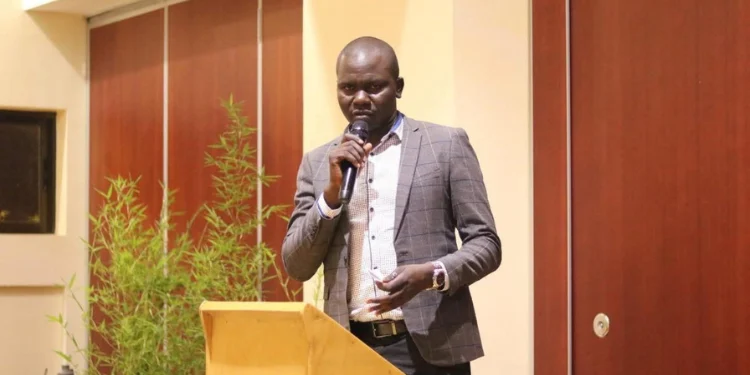


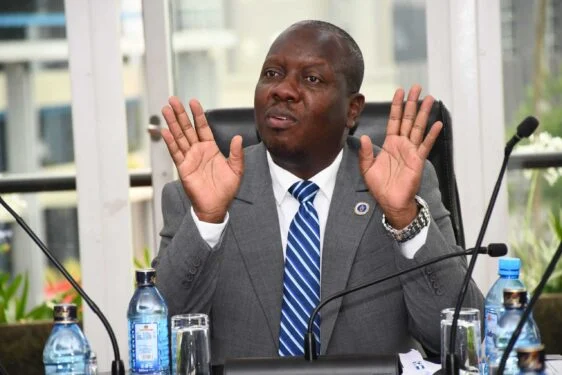

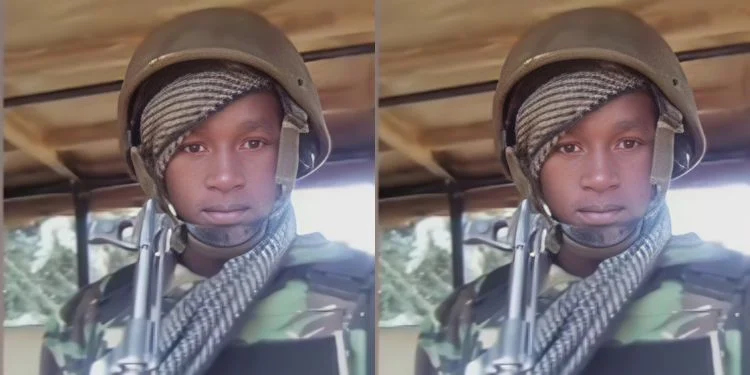
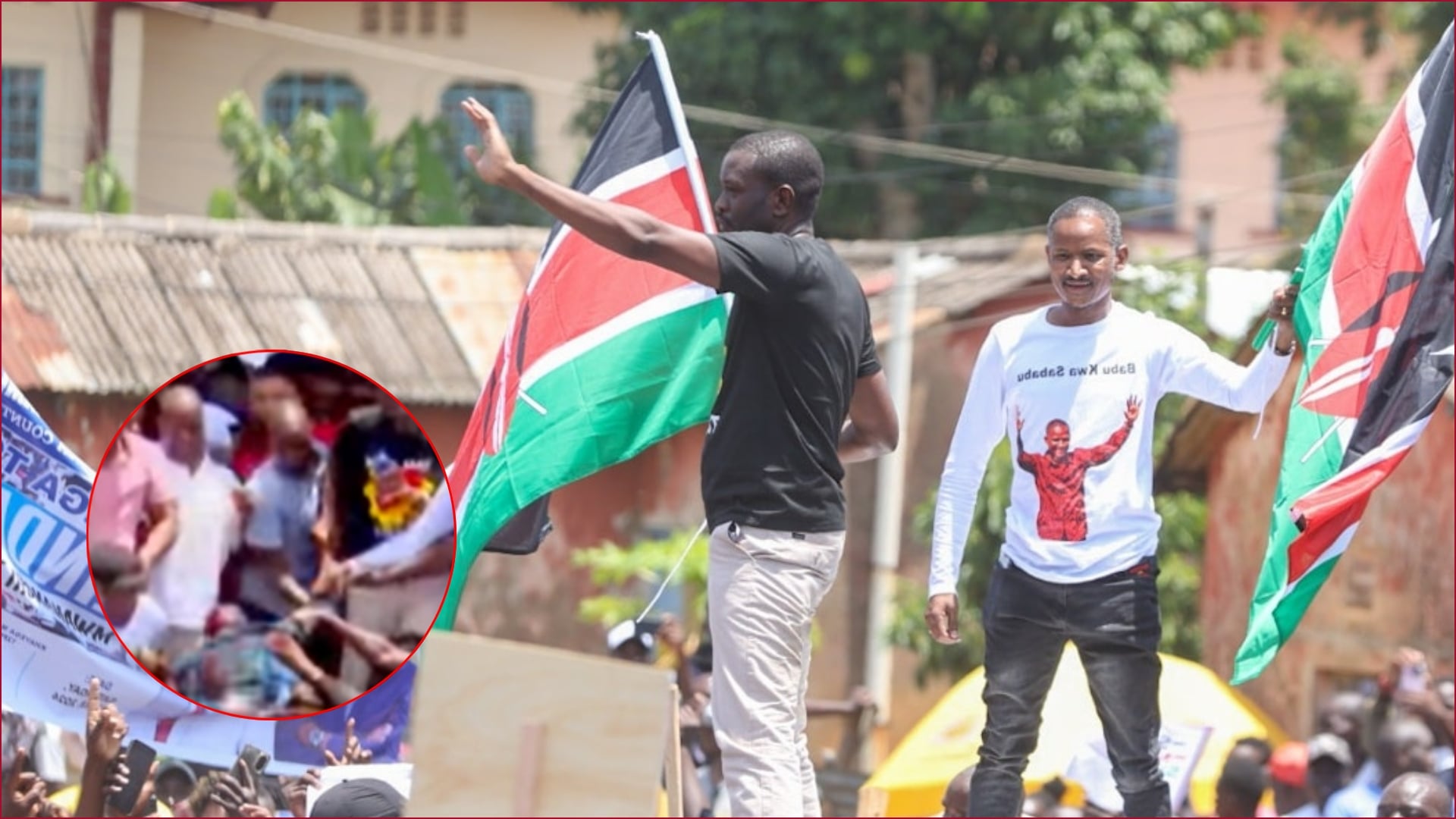

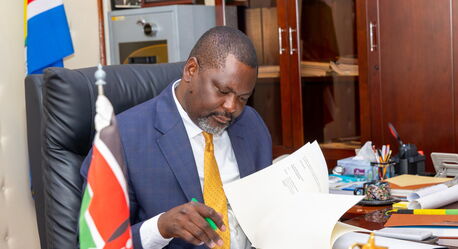

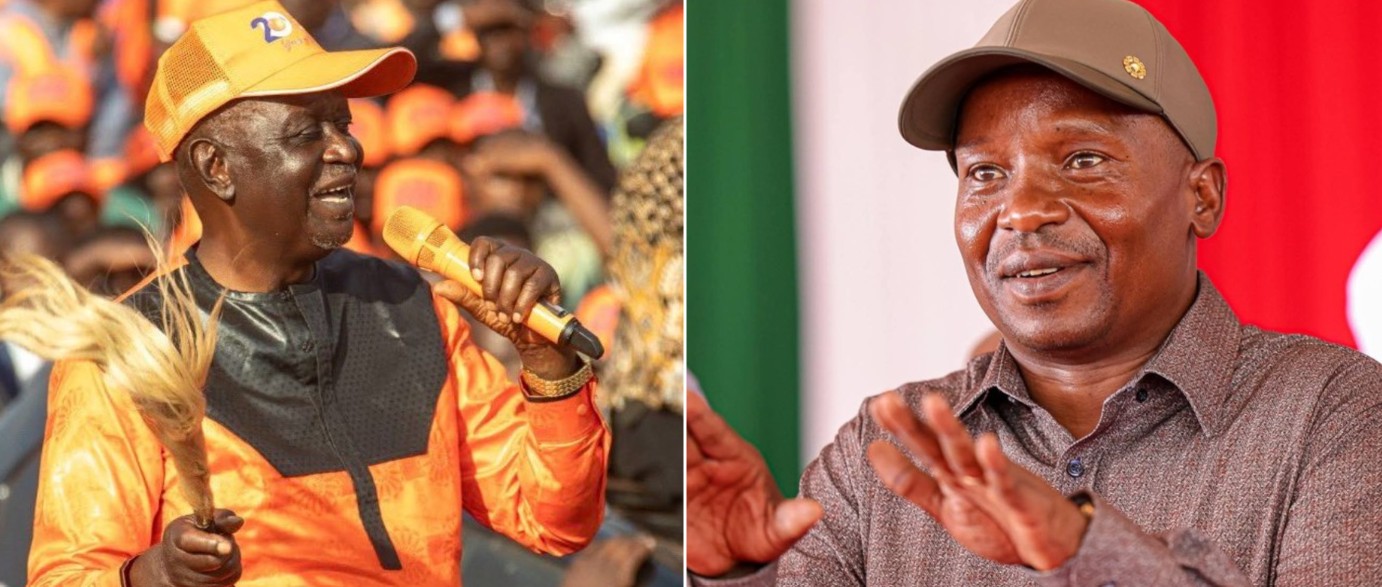
Leave a Reply